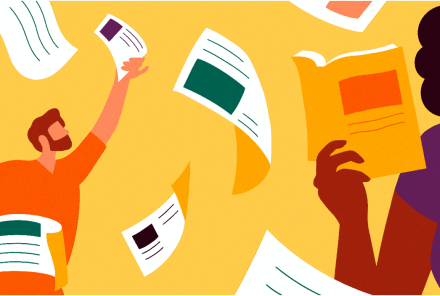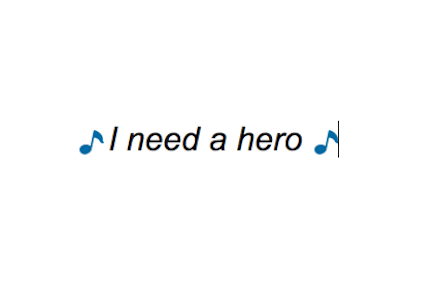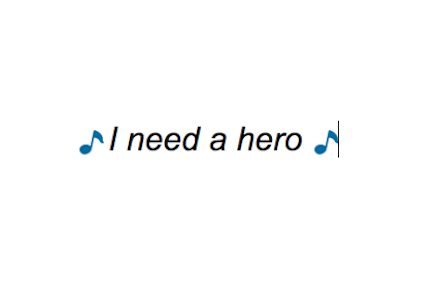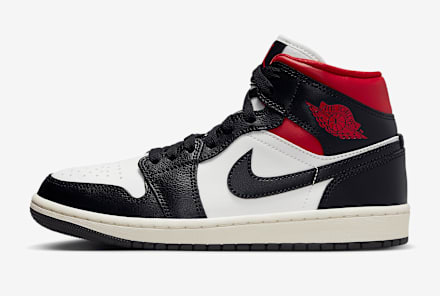Advertisement
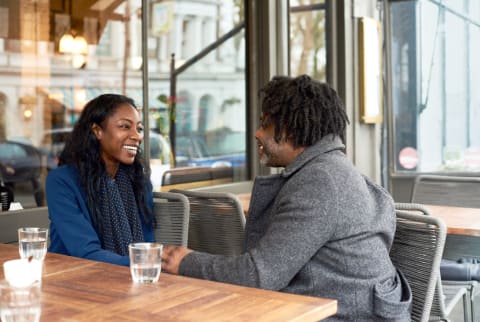
Dating apps and matchmakers want to know dozens of things about us—our favorite foods, movies, hobbies, etc.—all to help find us a good match. But their questions may be missing an essential ingredient that scientists now say could be the key to a successful match: attachment style.
Hundreds of recent studies worldwide confirm we each have an attachment style, which refers to how we behave in intimate relationships throughout our lives as a result of core emotions we formed in early childhood from interactions with parents and other caregivers. There are three main styles of attachment—secure, anxious, and avoidant—and while pairings of some attachment types work especially well, others can be disasters.
With all this in mind, it's plenty reasonable to want to compare your own style to that of a romantic prospect before getting into a relationship. It's possible to learn your own attachment type through a simple quiz, but what about the people you're interested in dating? It's not like you're going to be able to shove a survey in the face of every new prospective partner you encounter.
While there's no surefire way to know someone else's attachment type at a glance, there are important clues—some of which you can even pick up on the very first date. After spending years parsing current attachment research, I've identified these three signs for figuring out a person's style of attachment upon first meeting:
1. The structure of early conversations.
A first date mostly consists of conversation, and that's a good thing if you're trying to decipher the way a person relates to other people. Listen closely, and you can often pick up signals that point to whether your date is secure (mostly trusting of others and comfortable with intimacy), avoidant (pulls away from relationships in favor of independence), or anxious (craves intimacy and requires constant reassurance).
Avoidants are easy to pinpoint based on the way they talk in those early interactions: They're uncomfortable talking about feelings, explains Harry Reis, Ph.D., a psychology professor at the University of Rochester. Instead, they tend to focus on what they do, their jobs, their favorite TV shows, and other such topics without getting too personal or deep.
Meanwhile, secure people will be a lot freer and more versatile about what they talk about: "In a first conversation, secure people would be relaxed, pleasant to converse with, easy company," Dr. Reis says.
Dr. Reis warns it can sometimes be tricky to tell a secure person from an anxious person just from an initial conversation. That's because an anxious person—fearing rejection and wanting to please—can often be funny and show interest in the other person. In other words, they may come across as confident and engaging, as we'd expect a secure person to be, but actually they're doing it for another reason.
"Some anxious people aren't really interested in the other person," Dr. Reis explains. "They're interested in the other person liking them and offering them security. It's like the Bette Midler line, 'Enough about me. Let's talk about you. What do you think about me?' That's an anxious person talking."
To help sort out whether your date is secure or anxious, consider the additional first-date clues below.
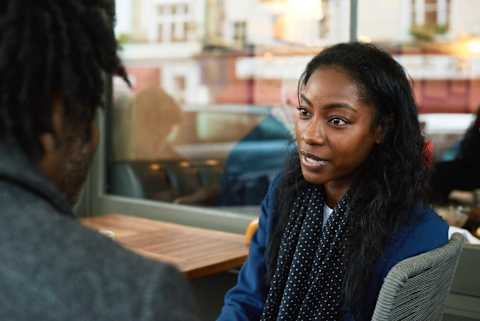
2. How much a person self-discloses.
Avoidants are unlikely to talk much about their inner selves, especially with a virtual stranger. Overall, they'll reveal little and, consciously or not, communicate that they really don't need a partner.
Anxious people will tend to disclose too much too soon—well before the other person is ready for closeness. This urge to self-disclose can reflect their need to quickly find intimacy, to control their own anxiety, and to feel an interpersonal connection before any has actually been made. The result is they may appear needy and overeager.
And secure people? They'll hit the "Goldilocks" spot: not too much, not too little, but "just right." They're likely to manage the tension well and be generally upbeat about it.
3. Personal dating history.
Secure people tend to be comfortable in the world and at ease with themselves, whether or not they are in a relationship. If through conversation you learn that over the years your date has had a couple of serious relationships but also spent considerable time without a relationship, this could be a sign of a person with a secure attachment style.
Anxious people, on the other hand—because they crave intimacy and feel emotionally incomplete without a partner—will often have been in a continuous series of relationships since early adolescence. In discussing former partners, they may express strong, unresolved feelings, such as holding on to anger or still carrying a torch.
In contrast, if your date has reached early- or mid-adulthood and never been in a serious relationship, that can be a sign of avoidance. A related sign would be if this same person, while mentioning a wide circle of acquaintances, does not appear to have even one or two intimately close friends.
So which attachment types make good matches?
If you're secure, congratulations. Attachment research shows you can enjoy a successful relationship with any attachment type. If you match up with another secure person, you both can contribute to a stable relationship. If you match with an avoidant or anxious person, you can bring stability to the relationship by understanding your partner's attachment needs, and over time, you can actually help your partner become more secure, too. For that reason avoidant and anxious people will each do best with a secure partner. As Dr. Reis advises, "If you can find someone secure, you're five steps ahead."
An anxious–anxious match can work, although that pairing can sometimes result in partners becoming highly dependent on each other. It's good to be aware of this going in, so you can discuss the issue and try to head it off.
An avoidant–avoidant match can work, too, but there the danger is that when the couple hits a rough patch, both partners may be too likely to simply drop the relationship rather than sticking around to work on it.
The match to most keep away from? That would be anxious–avoidant. In this pairing, each person needs different degrees of intimacy: The anxious tries to get close while the avoidant pulls away. When these needs are not met, they have opposite ways of responding, thus creating a vicious cycle that further stresses the relationship.
But remember: no pairing is doomed.
There's no combination of attachment types that absolutely without question cannot work. Even with the more problematic pairings, a stable and satisfying relationship is possible if both partners understand how their attachment types affect them and work—perhaps in counseling—to address the challenges.
Watch Next
Enjoy some of our favorite clips from classes
Enjoy some of our favorite clips from classes
What Is Meditation?
Mindfulness/Spirituality | Light Watkins
Box Breathing
Mindfulness/Spirituality | Gwen Dittmar
What Breathwork Can Address
Mindfulness/Spirituality | Gwen Dittmar
The 8 Limbs of Yoga - What is Asana?
Yoga | Caley Alyssa
Two Standing Postures to Open Up Tight Hips
Yoga | Caley Alyssa
How Plants Can Optimize Athletic Performance
Nutrition | Rich Roll
What to Eat Before a Workout
Nutrition | Rich Roll
How Ayurveda Helps Us Navigate Modern Life
Nutrition | Sahara Rose
Messages About Love & Relationships
Love & Relationships | Esther Perel
Love Languages
Love & Relationships | Esther Perel

